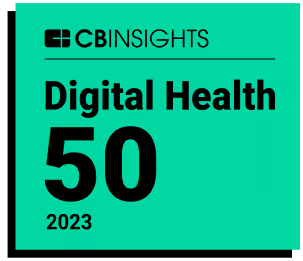What is the Healthcare Effectiveness Data and Information Set (HEDIS®)?
HEDIS® is a standardized set of measures for objectively evaluating the performance of health plans, other healthcare organizations, and individual physicians throughout the U.S. Because HEDIS scores are publicly available, they can affect health plans’ future enrollment numbers. Today, more than 90% of health plans in the U.S. participate in HEDIS.
The National Committee for Quality Assurance (NCQA) determines HEDIS scores based on over 90 measures across these six domains:
- Effectiveness of Care
- Access/Availability of Care
- Experience of Care
- Utilization and Risk Adjusted Utilization
- Health Plan Descriptive Information
- Measures Reported Using Electronic Clinical Data Systems
Although it was created in order to provide evidence-based information comparing the quality of health plans, the implications of HEDIS now go far beyond this purpose. HEDIS scores play a significant role in determining the Medicare Star Ratings of Medicare Advantage and Part D plans, which can have a significant financial impact on these plans. In part, that’s because high Star Ratings can result in financial bonuses. On the other hand, low Star Ratings can result in penalties, including the closure of low-performing health plans.



.png)













